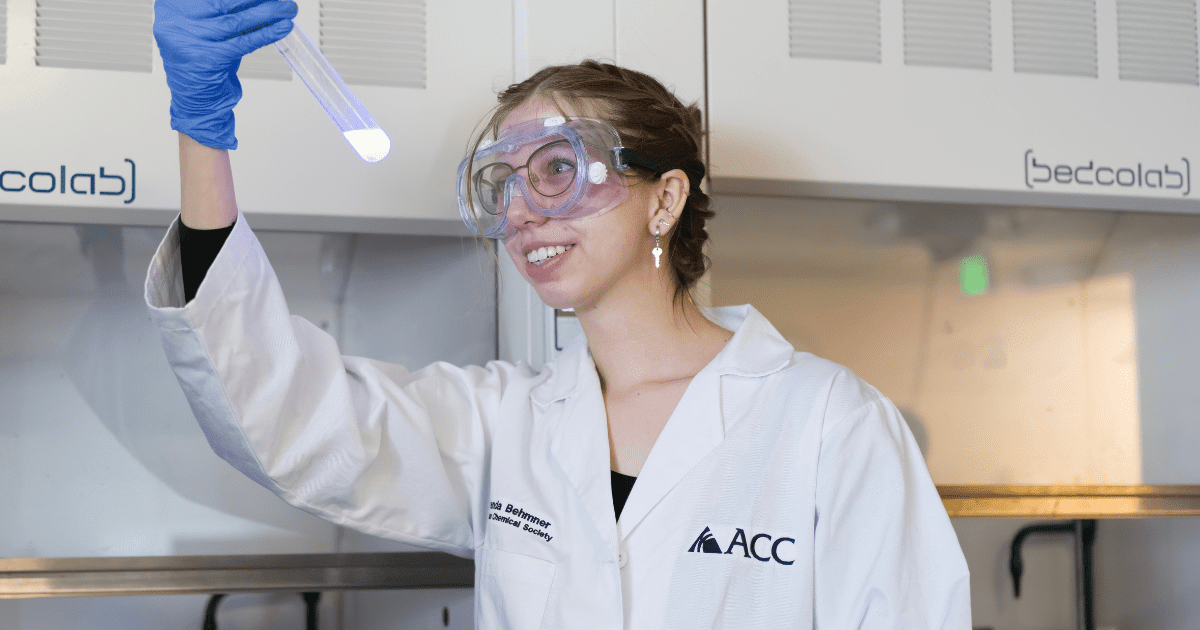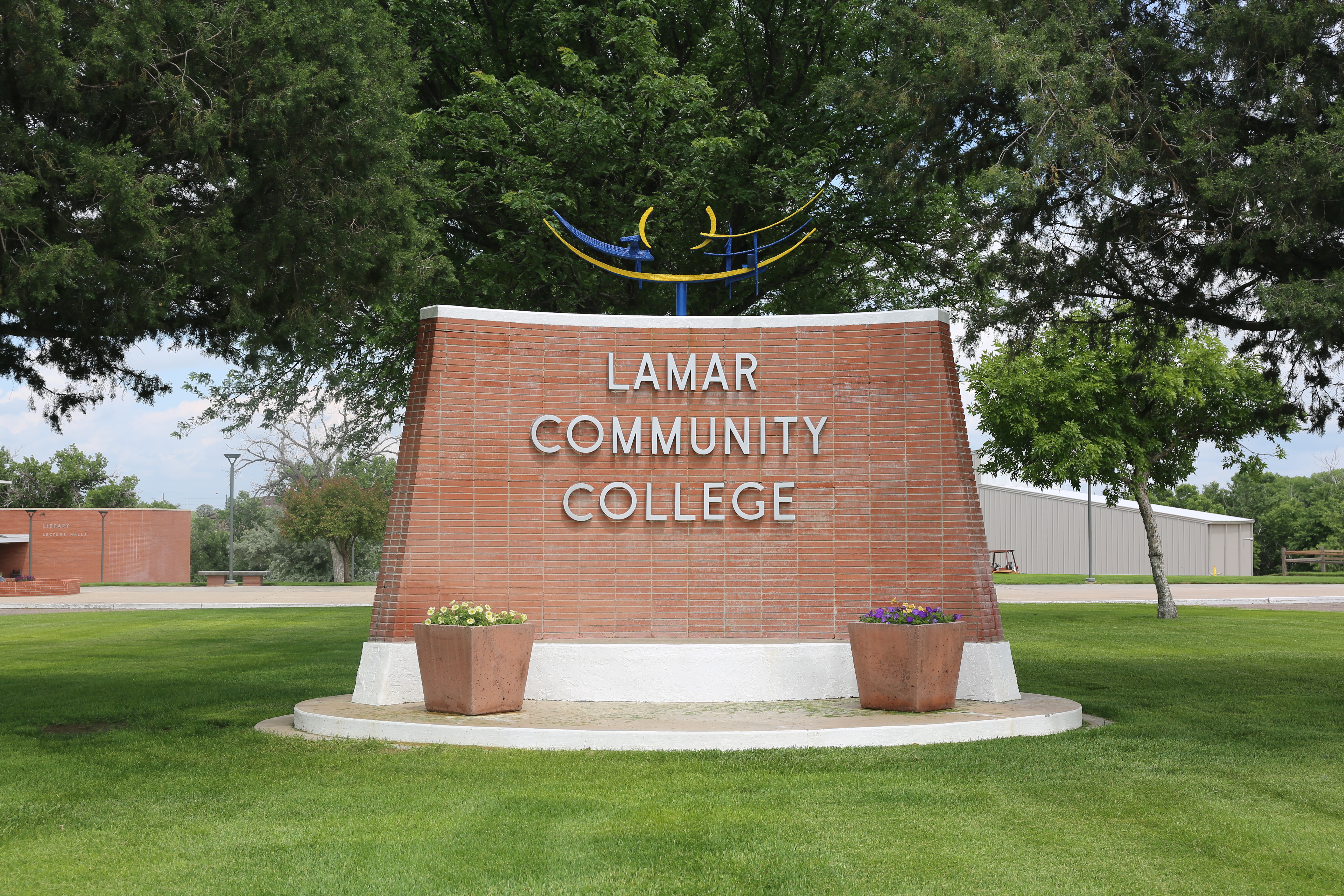Joshua Kenyon is so passionate about learning, he even recalls all-nighters with enthusiasm.
“I was up until 6 in the morning so many days doing schoolwork,” he said. “Everything was handwritten, so my wrist is getting tired. I’m drinking coffee. My cell mate is complaining because I have the lights on. So they gave me a new nickname—‘It’s Due Tomorrow.’”
Kenyon is one of the first CCCS students to benefit from Second Chance Pell, a federal program that funds education and training for students involved in the criminal justice system. Trinidad State was selected as an experimental site in 2020 and will soon be joined by Pueblo Community College later this fall.
“I turned my entire prison sentence into a college campus,” said Kenyon, who is transitioning back into the community after 20 years. Through Trinidad State’s program, he’s earned a certificate in business entrepreneurship, an associate of applied science in customer service and is currently working on an associate degree in general studies.
“Now all I want to do is give back and create opportunities for people coming out of prison. When you get an education, it opens your eyes to so many things you never knew were available to you,” he said.
I turned my entire prison sentence into a college campus. Now all I want to do is give back and create opportunities for people coming out of prison.
Taking Advantage
That kind of transformation is what Second Chance Pell is all about, says LiAnn Richardson, the prison and education chair and Trinidad State. The program has grown dramatically in recent years, expanding from five correctional facilities to 12 and from just 15 students to 100.
“There is a great deal of interest,” said Richardson, who also teaches business classes for Second Chance Pell. “The students speak so highly of Second Chance Pell that they usually bring someone along [to class] and say, ‘You need to talk to this person.’ They’re doing the recruiting themselves.”
At Trinidad, students can work toward associate degrees in applied science or arts and even transfer Career and Technical Education credits they earned through the state’s Department of Corrections (DOC) training programs. Classes run on a block schedule—once a week for two and half hours—and are cost-free for students thanks to a combination of institutional and federal aid.
“Overall, we’ve seen that our students aren’t just graduating—they’re graduating with honors,” Richardson said. “We have really great, dedicated instructors, and they ask a lot from our students. They have shown a desire for education, and so they take advantage of getting everything they can out of the classes.”
Addressing the Skills Gap
Administrators with Pueblo Community College (PCC) hope to replicate Trinidad State’s success as they launch their own program this fall. The college has longstanding partnerships with DOC, youth correctional facilities, and the Federal Bureau of Prisons, so being selected as a Second Chance Pell site this spring was a logical “next step” in their programming, said Jennifer Sherman, dean of business and advanced technology.
“DOC students are excellent students, and our instructors have wonderful feedback about the classes they have been teaching,” she added. “We really feel like it can address the skills gap, because as these individuals release, they have skills they can offer their community wherever they return home.”
It’s our mission to educate individuals and help them on their educational continuum, whatever that looks like. [Second Chance Pell] is an opportunity for us to provide additional access and be very inclusive.
Sherman and Amanda Corum, executive director of the Pueblo Corporate College, have been working closely with DOC to get the program up and running. PCC will offer virtual degree programs in small business ownership and behavioral health—some of the most popular career pathways among DOC students. As more Second Pell sites come online, the vision is to provide incarcerated Coloradans a wide variety of education and training options no matter where they are in the state.
“It’s our mission to educate individuals and help them on their educational continuum, whatever that looks like,” Corum said. Second Chance Pell “is an opportunity for us to provide additional access and be very inclusive.”
Becoming an Asset
Back in Trinidad, Kenyon is already planning how he’ll leverage his “second chance” as a community college graduate. The self-described entrepreneur is busy building his professional network and writing business plans to launch a new career in real estate or wholesale distribution.
“It’s essential to have programs like this,” he said. “You can not only be a productive citizen, you can be an asset because of an education.”


